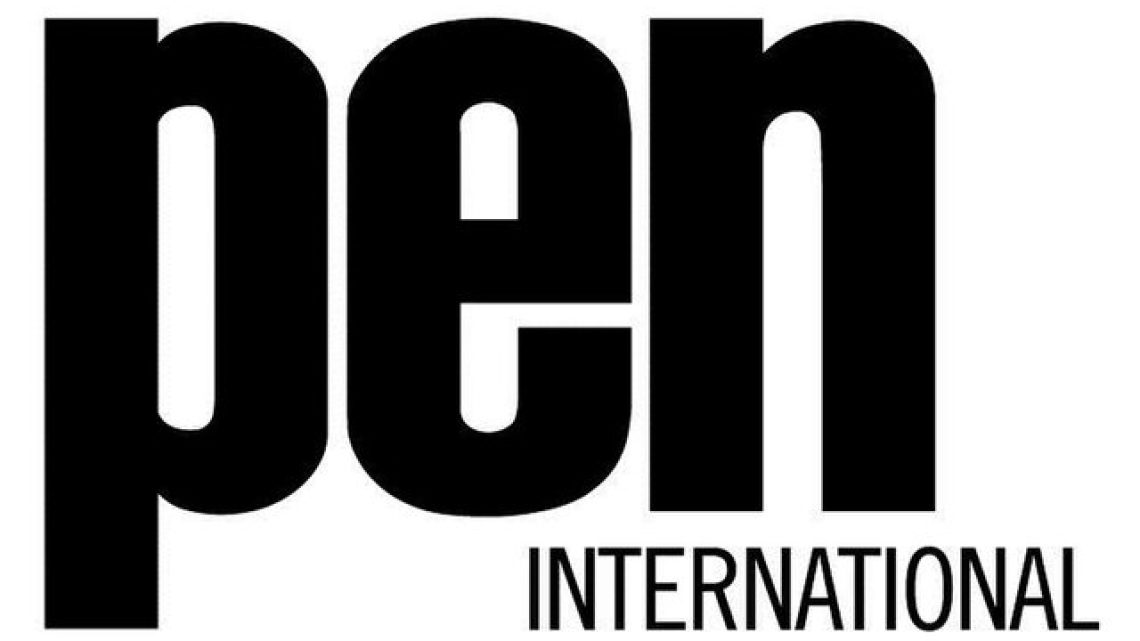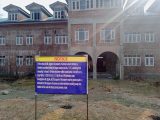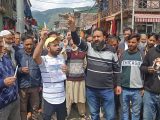
PEN International Criticizes India’s Crackdown on Freedom of Expression During UN Review
July 18, 2024PEN International, a global writers’ association headquartered in London, has voiced strong concerns regarding India’s approach to freedom of expression, as highlighted during a recent review by the United Nations Human Rights Committee. The organization’s report, part of the periodic review under the International Covenant on Civil and Political Rights (ICCPR), underscores an escalating repression of dissent within India.
The report draws attention to a troubling increase in legal measures used to stifle criticism, including arbitrary arrests and prolonged detentions without trial, targeting individuals such as writers, journalists, academics, and other government critics. PEN International has expressed serious apprehension over how India’s legal system is being manipulated to suppress peaceful criticism, particularly regarding government policies.
Among the primary concerns noted is the application of the Unlawful Activities (Prevention) Act (UAPA) to unjustly prosecute dissenters. The detention of individuals involved in the Bhima Koregaon/Elgar Parishad case, like professor Hany Babu and poet Varavara Rao, who have been denied bail despite medical needs, was highlighted as a significant issue. Furthermore, recent raids on the independent media organization NewsClick were identified as part of a broader strategy to silence independent journalism and restrict online criticism of the government. The frequent use of internet shutdowns in areas such as Jammu and Kashmir, which are under Indian administration, was also criticized for its role in suppressing dissenting voices.
Despite these pressing issues being raised, PEN International noted that the Indian delegation at the UN review did not adequately address the numerous concerns about the undue limitations on freedom of expression. The lack of substantial responses from the Indian authorities underscores the ongoing struggle for free speech in the country and the need for a more robust defense of democratic principles.

